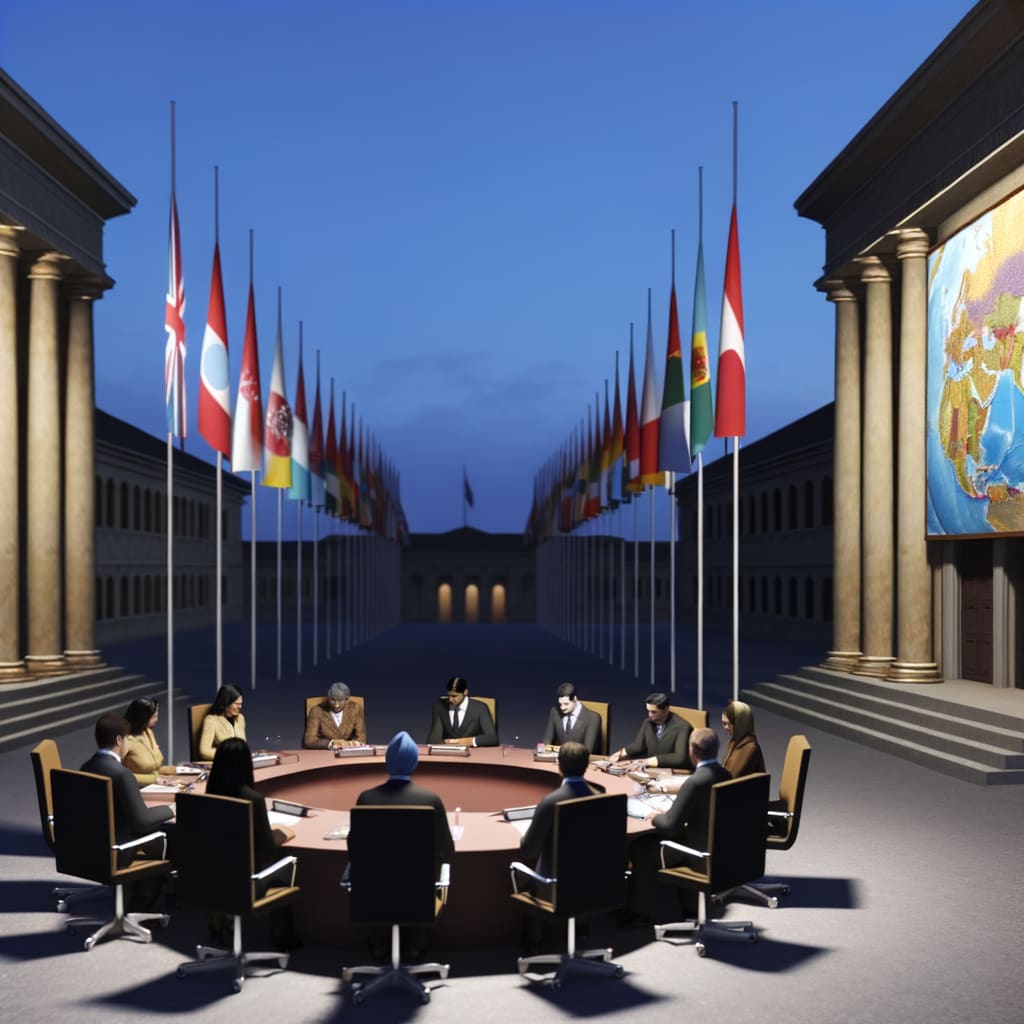Israeli Prime Minister Netanyahu Apologizes to Qatar for Strike on Hamas Leaders in Doha
In a significant diplomatic development, Israeli Prime Minister Benjamin Netanyahu has issued an apology to Qatar for a military strike that targeted Hamas officials in Doha earlier this month. The apology was made during a three-way call involving U.S. President Donald Trump and Qatari Prime Minister Sheikh Mohammed bin Abdulrahman al-Thani. Netanyahu also expressed regret for violating Qatari sovereignty and pledged not to repeat such an attack in the future.
Background and Context
The Israeli strike on Doha, which targeted a Hamas meeting, drew global condemnation and damaged relations between Israel and Qatar. Notably, the attack also resulted in the death of a Qatari serviceman, further escalating tensions. The situation was exacerbated when Qatar accused Al-Jazeera, the pan-Arab television channel, of shaping European public opinion against Israel, leading to a media war between the two nations.
Netanyahu's Apology and Regret
In a surprising move, Netanyahu expressed his deep regret for the attack and the unintentional killing of the Qatari serviceman. He also apologized for violating Qatari sovereignty. Netanyahu assured that the attack was targeted at Hamas, not Qatar, and promised not to repeat such a strike again. The apology was confirmed by Netanyahu's office and acknowledged by Qatar.
Prime Minister Netanyahu expressed his deep regret that Israel’s missile strike against Hamas targets in Qatar unintentionally killed a Qatari serviceman,
the White House statement said. He further expressed regret that, in targeting Hamas leadership during hostage negotiations, Israel violated Qatari sovereignty and affirmed that Israel will not conduct such an attack again in the future,
the statement added.
Reactions and Implications
The apology marks a significant shift in Israel's stance, as Netanyahu had earlier defended the strike. The change came after Trump distanced himself from Israel's decision, stating that it did not advance Israeli or American goals. Qatar, which has been a crucial mediator between Israel and Hamas, accepted the Israeli apology. The Qatari statement said, During the call, the Israeli Prime Minister apologized for the attack on Doha and on Qatar's sovereignty, which resulted in the martyrdom of Qatari citizen Badr Al-Dosari, pledging to not repeat any targeting of Qatari territory in the future.
Conclusion
The apology is seen as a move to resume Qatar's mediation efforts between Israel and Hamas. With this conciliatory gesture, the stage is set for a potential crisis exit plan proposed by President Trump. The latest development underscores the complexities of Middle East politics and the delicate balance of power in the region. As the situation evolves, it remains to be seen how it will shape the future of Israeli-Qatari relations and the broader dynamics in the Middle East.

